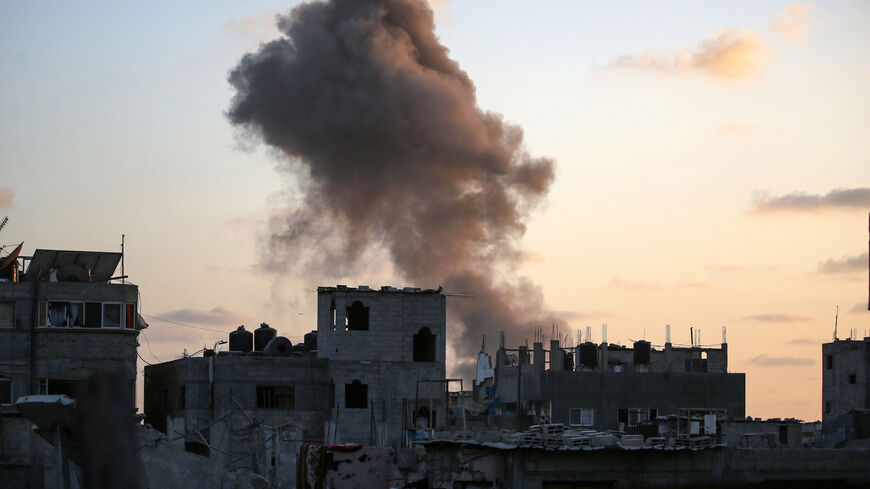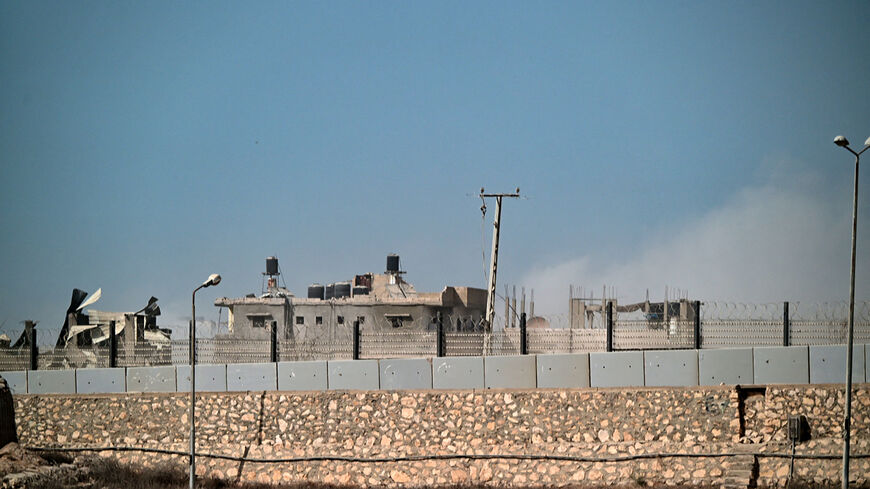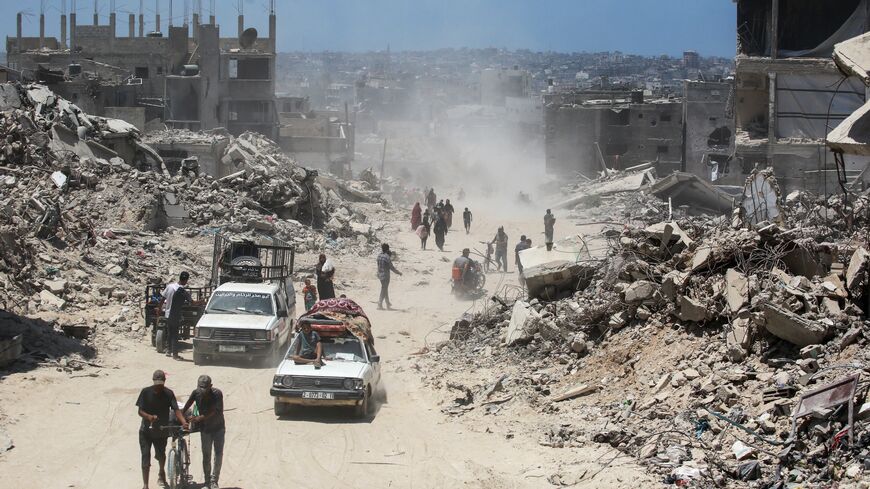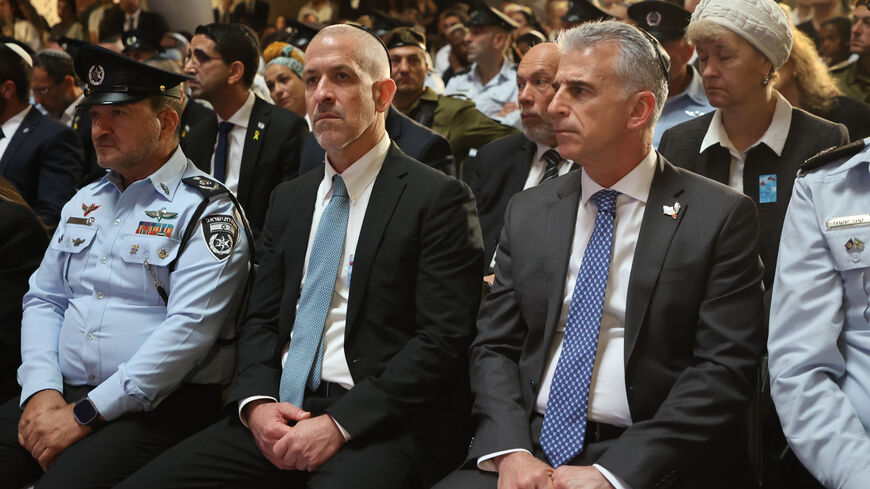Mossad director, US officials back in Egypt for talks on Philadelphi Corridor
The Israeli delegation for the deal to release the hostages arrived in Cairo for talks with the Americans and Egyptians ahead of a potential summit this Sunday.
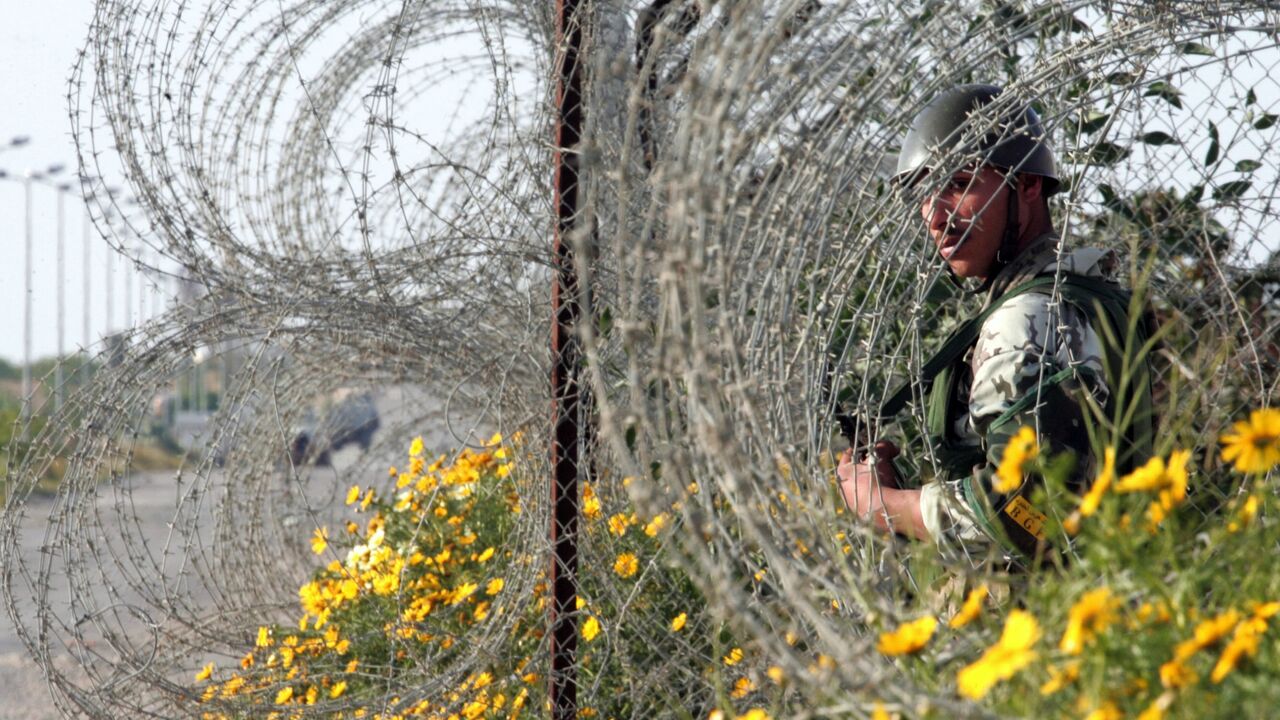
Mossad Director David Barnea, Shin Bet Director Ronen Bar and head of Israeli military’s strategy division Gen. Eliezer Toledano arrived in Cairo Thursday afternoon and are expected to hold talks with American and Egyptian officials in an effort to unblock the talks on a potential deal for the release of the hostages held by Hamas and a cease-fire in Gaza.
In parallel, Israel’s cabinet convened Thursday night to discuss the deal.
According to a Walla report, Biden administration envoy Brett McGurk and chief of Egypt's General Intelligence Service Abbas Kamel will represent the American and Egyptian sides in Cairo. The report stated that Israel will present the sides with an updated map of its proposal for a limited Israeli military presence along the Philadelphi Corridor, which separates the Gaza Strip and Egypt and has become one of the main obstacles to a deal.
According to Israeli public broadcaster Kan, the mediating sides are hoping to hold a summit on Sunday to conclude a deal. Apart from the Israeli team, McGurk and Kamel, the summit would include CIA Director William Burns and Qatari Prime Minister Mohammed bin Abdulrahman Al Thani. Citing an unnamed Israeli official, Kan said that Israel’s willingness to compromise on the Philadelphi Corridor came too late, Hamas is not part of the ongoing talks, and expectations for a breakthrough should remain low.
Citing two Hamas officials and three Western diplomats, Reuters reported on Thursday that Israel’s demands for a future military presence in the Gaza Strip and over the release of Palestinian prisoners are obstructing the potential deal.
Could a compromise be reached?
According to Reuters, Hamas rejects Israel's demand to maintain control over the Philadelphi Corridor and opposes Israel's call for a mechanism to prevent Hamas militants from moving between the southern and northern parts of Gaza. Israel aims to preserve its military presence along the east-west Netzarim Corridor, which separates northern and southern Gaza and was established by the Israeli military. However, Ynet reported on Thursday that mediating parties are proposing the use of international observers at Netzarim instead of an Israeli military presence.
Barnea and Bar traveled to Cairo on Thursday in an attempt to resolve the Philadelphi Corridor issue, Kan reported. Israeli troops entered southern Gaza on May 7, later taking control of the Philadelphi Corridor and the Rafah crossing point. Prime Minister Benjamin Netanyahu has repeatedly insisted that Israel should maintain control over Philadelphi, in whatever agreement is reached with Hamas, to prevent the smuggling of ammunitions into Gaza via tunnels under the corridor.
Cairo for its part wants Palestinian officials, preferably affiliated with the Palestinian Authority, to oversee the Rafah crossing point, which is unacceptable to Netanyahu.
On Thursday, The Wall Street Journal reported that Egypt currently rejects any future Israeli military presence in the Philadelphi Corridor — not even a limited one. Unnamed Egyptian officials told the Journal that the Israeli negotiating team had proposed in past week talks to set up eight observation posts along the corridor. Seeking to advance a compromise, the US proposed that Israel could make do with two observation posts only, but Egypt rejected that offer as well, saying any such posts would grant the Israeli military a presence in the area.
The Journal further said that Egypt had asked for US guarantees that Israel will not reenter the Philadelphi Corridor should the first phase of the potential agreement go awry when implemented. This demand contradicts Netanyahu’s condition for a deal with Hamas — refusing to commit to fully stopping the war. If the first phase does not go as planned, Netanyahu would like to preserve Israel’s right to resume fighting or at least conducting ad-hoc raids into Gaza.



